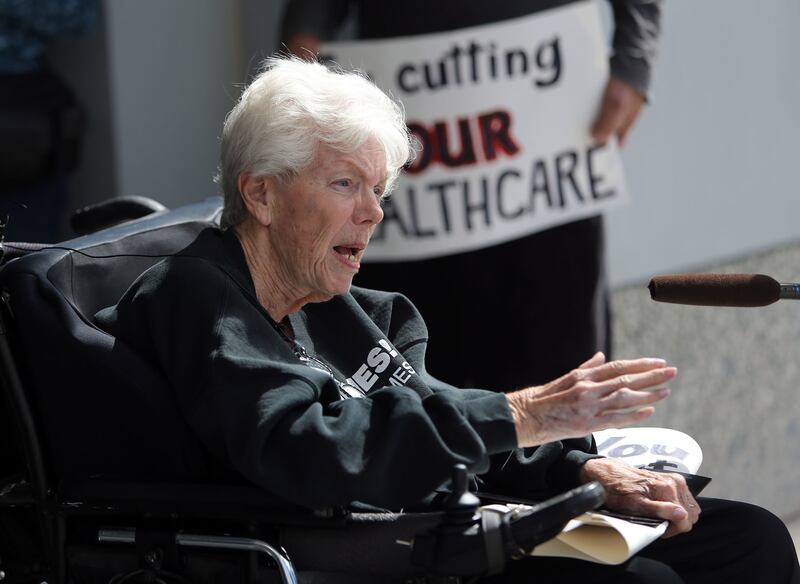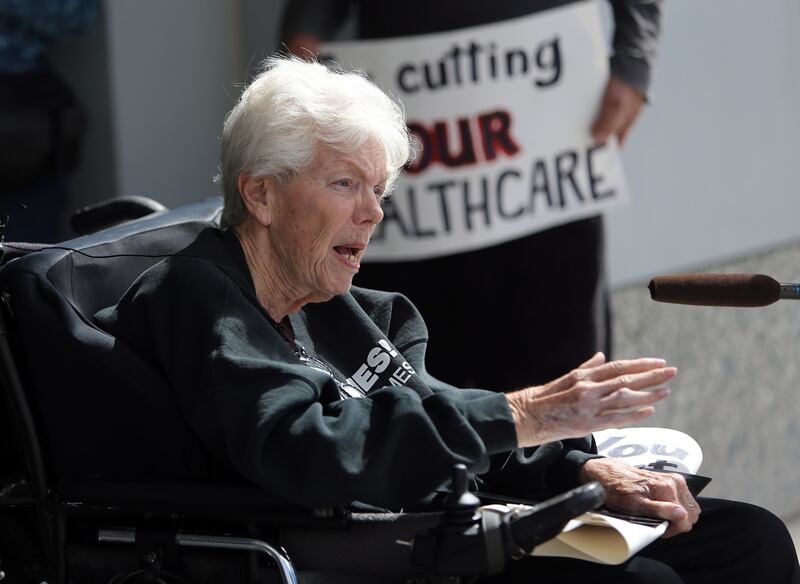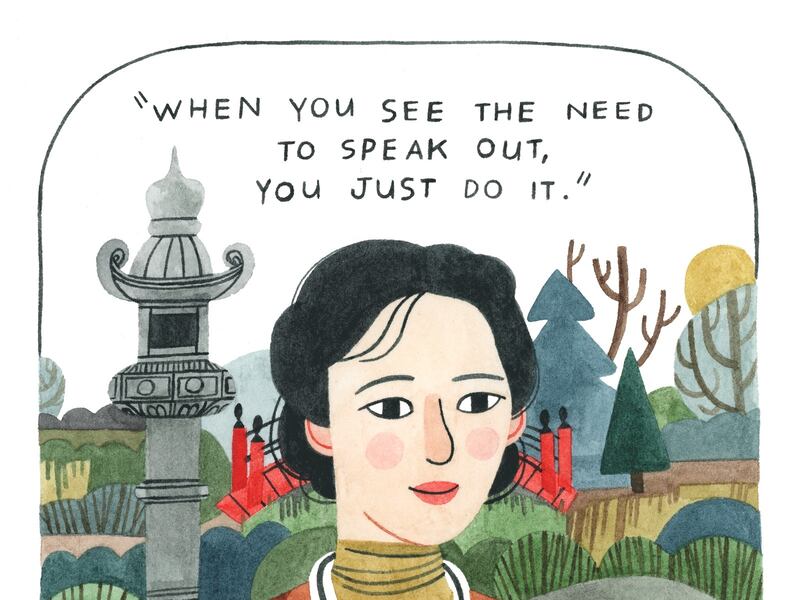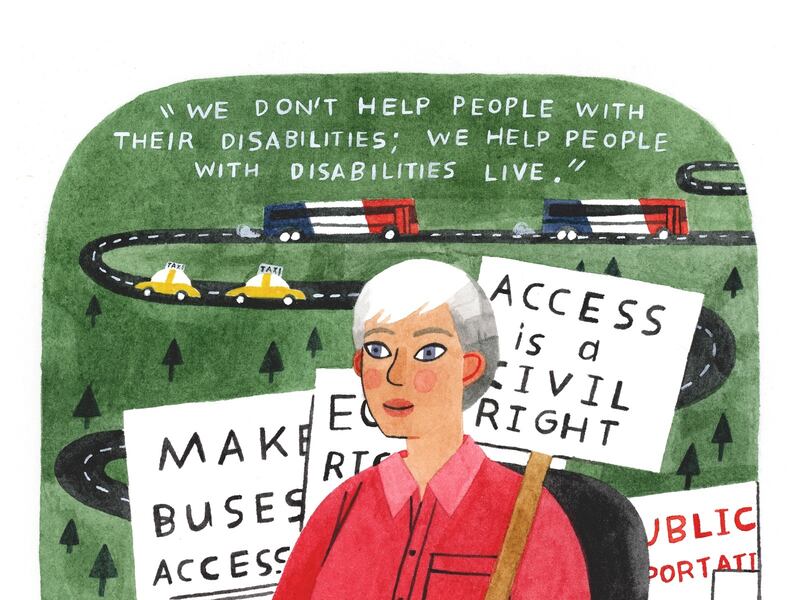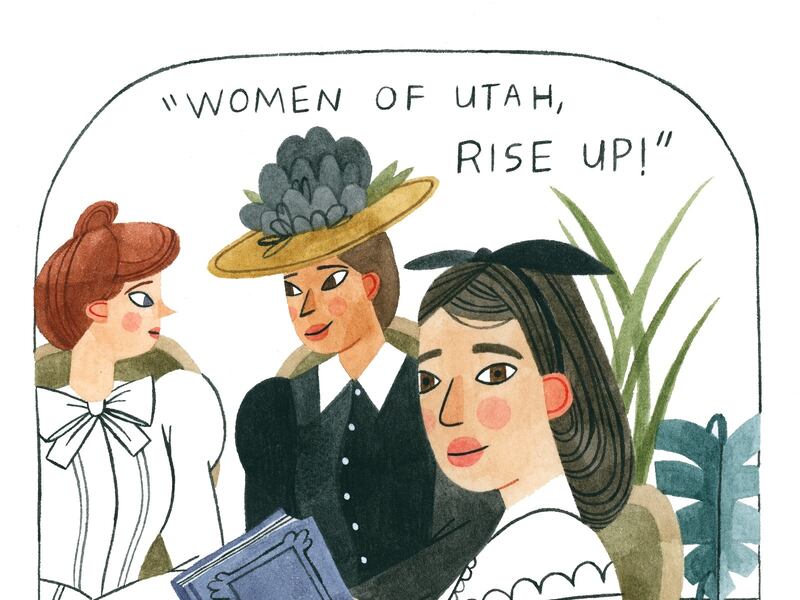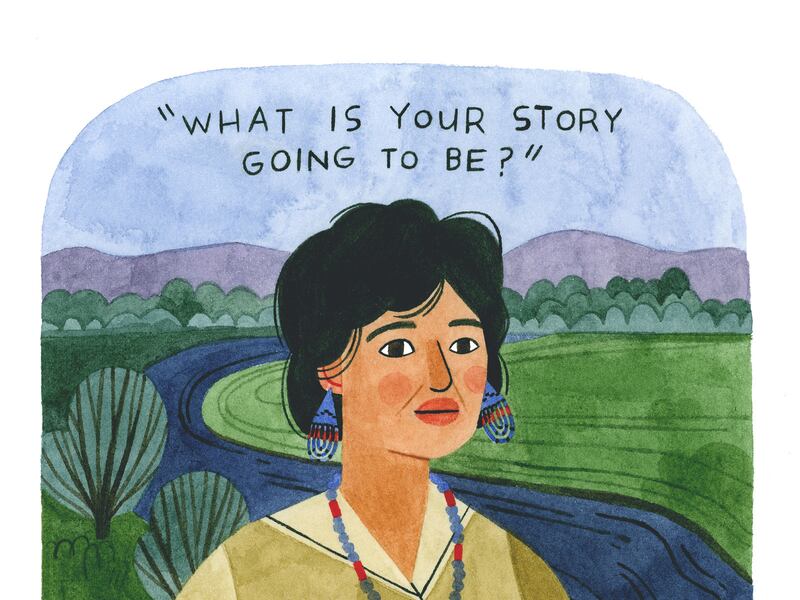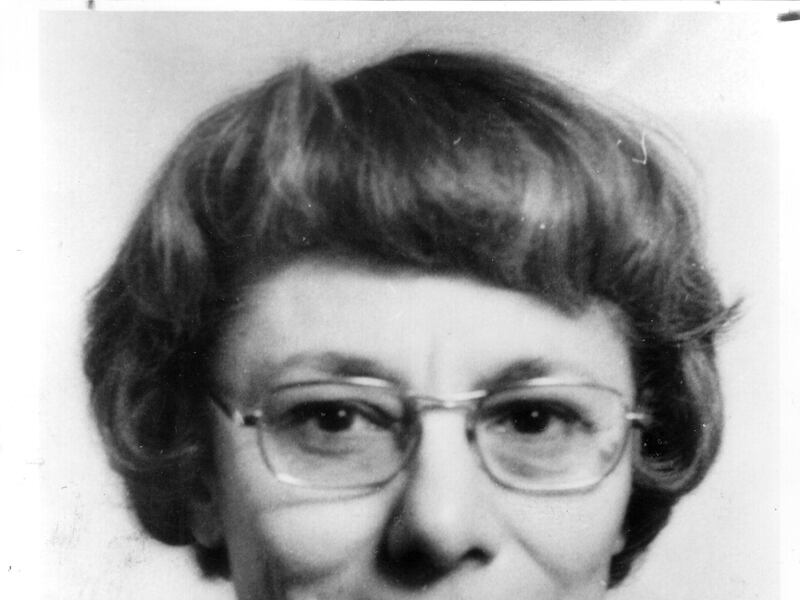SALT LAKE CITY — March is Women's History Month, which makes this a good time to celebrate impactful women throughout history. (Although there isn't a bad time to celebrate people who have done meaningful things.)
Utah is no stranger to remarkable female leaders and innovators, even if their names aren't familiar to most of us. To help us learn more about those that history has overlooked, we asked Naomi Watkins, director of education for Better Days 2020, to highlight nine forgotten women in Utah's history.
"They were people who impacted our community and our state. They helped build it and make it what it is," Watkins said in a recent phone interview.
Better Days 2020 is a local nonprofit that is working to teach Utahns about women’s history through educational curriculum for schools, family and individuals, and create films, books and a variety of artistic projects. 2020 marks the 150th anniversary of Utah being the first place a woman cast a ballot and and is also the 100th anniversary of the 19th Amendment, which gave all U.S. women the right to vote.
Watkins hopes that in the future, Utah children will learn about these women and others in school.
"I think it's really important for kids and people to see representations of themselves in the stories that we tell," she said. "… It helps them see themselves as agents who can make a difference too."
Here are nine women often forgotten in Utah's history:
1. Charlotte Godbe Kirby (1837-1908)
Charlotte Godbe Kirby was a suffragette and advocate for women's rights, and the first Utah woman to serve on the national suffrage committee as the Utah delegate to the National Woman’s Suffrage Educational Committee.
"The era of woman has begun and only in union is our strength. When earnest women can strike hands in fellowship and clasp them around the world in united effort, then … will men accept us as the power we have it in us to be," Kirby wrote in an 1883 newspaper column.
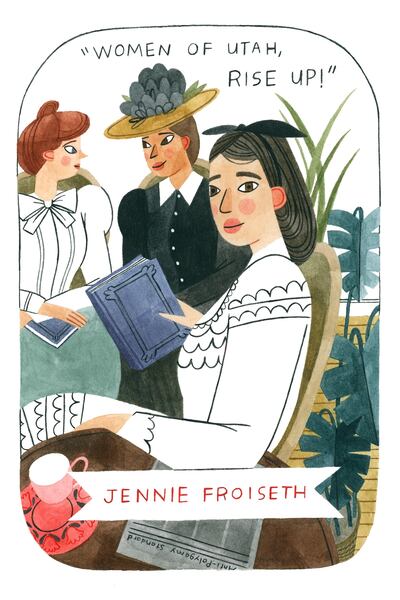
2. Jennie Froiseth (1843-1930)
Another Utah woman prominent in the suffragist movement — she was friends with Julia Ward Howe and other national suffragists — the Irish-born Jennie Froiseth also organized the first women's literary club in Salt Lake City and was a passionate anti-polygamist.
3. Emma McVicker (1846-1916)
Utah's first (and only for another 109 years) female state superintendent of schools, Emma McVicker worked her whole career to advance education for children and women. McVicker founded Utah’s first free public kindergarten, served as an official critic of the Utah Women's Press Club, was a member of the Women's Literary Club, secretary of the State Republican League and worked in the suffrage movement, helping to host Susan B. Anthony and Rev. Anna Shaw when they came to Utah in 1895.
4. Emily Richards (1850-1929)
When women in Utah first received the vote in 1870, prominent suffragette Emily Richards wrote for the Deseret News, "The work is but begun; the cause is in its merest infancy. That which remains to be done opens up before us in an almost endless vista. In a far away promised land we behold a perfected state wherein the heart and hand and intelligence of woman contribute their full share.”
With the help of Margaret Caine, Richards founded the Utah Woman Suffrage Association and worked to help Utah women gain entrance into national women's suffrage groups. She served as Utah's representative at the International and National Councils of Women at both Chicago World’s Columbian Exposition and the World’s Congress of Representative Women in 1893.
5. Hannah Kaaepa (1873-1918)
Hannah Kaaepa was born in Hawaii before immigrating to Utah in 1898 to live in Iosepa, Utah, a colony of native Hawaiian members of The Church of Jesus Christ of Latter-day Saints.
In 1899, Kaaepa went with other Utah suffragists to Washington, D.C., for the third Triennial Congress of the National Council of Women. There, she spoke on behalf of Hawaiian women in support of Queen Liliuokalani, the Hawaiian Kingdom's deposed queen and Kaaepa's personal family friend.
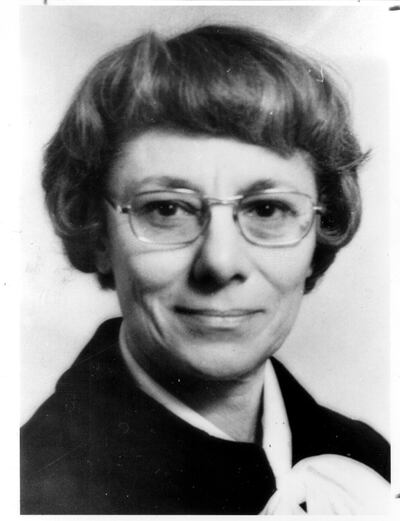
6. Helen Papanikolas (1917-2004)
The daughter of Greek immigrants, historian Helen Papanikolas dedicated much of her life to gathering stories from Utah immigrants and other marginalized groups. She compiled and edited "The Peoples of Utah," a history of Utahns of color, and formed the Peoples of Utah Institute, a precursor for Salt Lake's Hellenic Cultural Museum. Her work for a more inclusive history garnered many awards such as Japanese-American Citizens League Award and the Brotherhood Award of the National Conference of Christians and Jews.
"Helen … was Greek," Watkins said. "It’s because of her work that we know about a lot of these women who were in other communities besides communities (of The Church of Jesus Christ of Latter-day Saints.) … We still use her work because she was one of the first people who did that.”
7. Alice Kasai (1916-2007)
Human rights advocate and civil rights leader Alice Kasai dedicated her life to advancing the conditions and lives of Japanese Americans and other marginalized groups in Utah. She served as the first president of the Japanese American Citizens League in Salt Lake, a role she took on while her husband was kept in a Japanese internment camp during World War II.
After he was released, the couple worked to found the International Peace Garden, completed in 1952, and the Sister City Project, which initially started as a student exchange program with Matsumoto, Japan, and now includes five additional cities.
"The intention that drove all her endeavors was her strong belief in the oneness of all humankind," Kasai's obituary read.
8. Mae Timbimboo Parry (1919-2007)
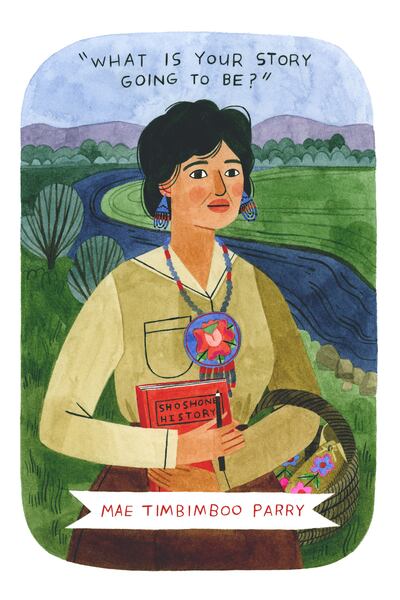
Utah native and Shoshone tribal historian Mae Timbimboo Parry was a powerful and visionary voice for her tribe. She recorded as many stories as she could collect from her tribal elders and family members, helping to tell different sides of important historical events. Parry served on the White House Council for Indian Tribal Affairs that worked to facilitate and coordinate federal programs and resources for her tribe and others. In addition to her community and tribal work, she also was named "Utah Honorary Mother of the Year" in 1986.
“Mae shaped the story of her people and changed the narrative to be more reflective of their perspective as opposed to white settlers perspective,” Watkins said.
9. Barbara Toomer (1929-2018)
Barbara Toomer started her career as a nurse, but after contracting polio and subsequently being confined to a wheelchair, Toomer became a passionate advocate for the rights of people with disabilities. Co-founder of the Utah Independent Living Center, she also helped organize Advocates for Utah Handicapped and was heavily involved with Americans Disabled for Accessible Public Transit, working to organize nonviolent protests for the Utah Transit Authority to be accessible to people with disabilities. During one protest, participents chained themselves to local buses, forcing all bus routes in Salt Lake to shut down. Toomer continued to fight for these rights despite being jailed at least 35 times.
